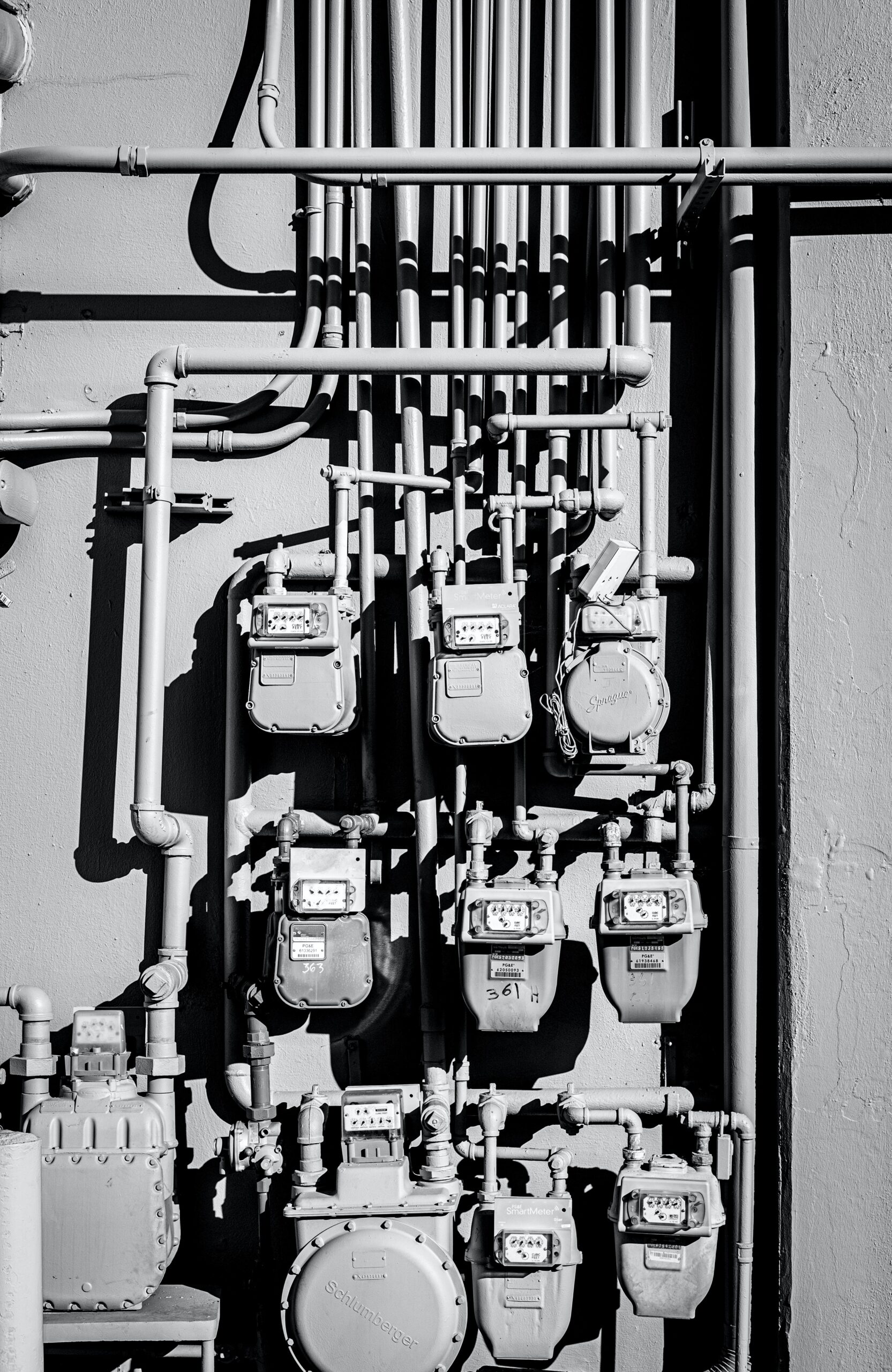As the world moves towards cleaner and renewable energy sources, solar power is gaining popularity as a viable alternative to traditional electricity. With advances in technology, generating solar energy has become more accessible and affordable than ever before. One of the most significant advantages of solar power is the ability to generate excess energy, and net metering provides an excellent opportunity for homeowners to benefit from their solar panels.
What is net metering?
Net metering is a system that allows homeowners to feed their excess solar power back into the electrical grid, effectively reducing their utility bill. With net metering, a homeowner’s electric meter measures both the energy the homeowner uses from the grid and the energy the homeowner feeds back into the grid. The homeowner only pays for the net energy used, i.e., the difference between the energy generated and the energy consumed. The excess energy is credited to the homeowner’s account, and the credits can be used to offset future bills or carry over to the next billing cycle.
Benefits of net metering
- Lower electricity bills: Net metering enables homeowners to save money on their utility bills by reducing their reliance on grid power. Depending on the state or utility company, homeowners can receive credits for excess energy generated, which can offset their electricity bills. In some cases, homeowners may even receive a check for the excess energy they generate.
- Increased ROI on solar panels: Solar panel installations can be expensive, and homeowners may take years to recoup their investment. Net metering can help homeowners realize a more significant return on investment by allowing them to generate and sell excess power back to the grid.
- Environmental benefits: The use of solar power can reduce greenhouse gas emissions and decrease our reliance on fossil fuels. Net metering encourages homeowners to generate more solar energy, which can have a positive impact on the environment.
- Grid stability: The excess solar energy generated by homeowners can be fed back into the grid, thereby increasing the grid’s stability. By reducing the load on the grid during peak hours, net metering can help prevent blackouts and brownouts.
- Incentives: Many states and utility companies offer incentives and rebates to homeowners who generate solar power. Net metering is often a requirement for eligibility for these incentives.
Big Finish
Net metering provides a valuable opportunity for homeowners to generate their own solar power and reduce their reliance on grid power. With the ability to feed excess energy back into the grid and receive credits for it, net metering can significantly lower electricity bills, increase ROI on solar panels, and have a positive impact on the environment. As the world moves towards cleaner and renewable energy sources, net metering is becoming an increasingly popular option for homeowners looking to reduce their carbon footprint and save money on their utility bills.
